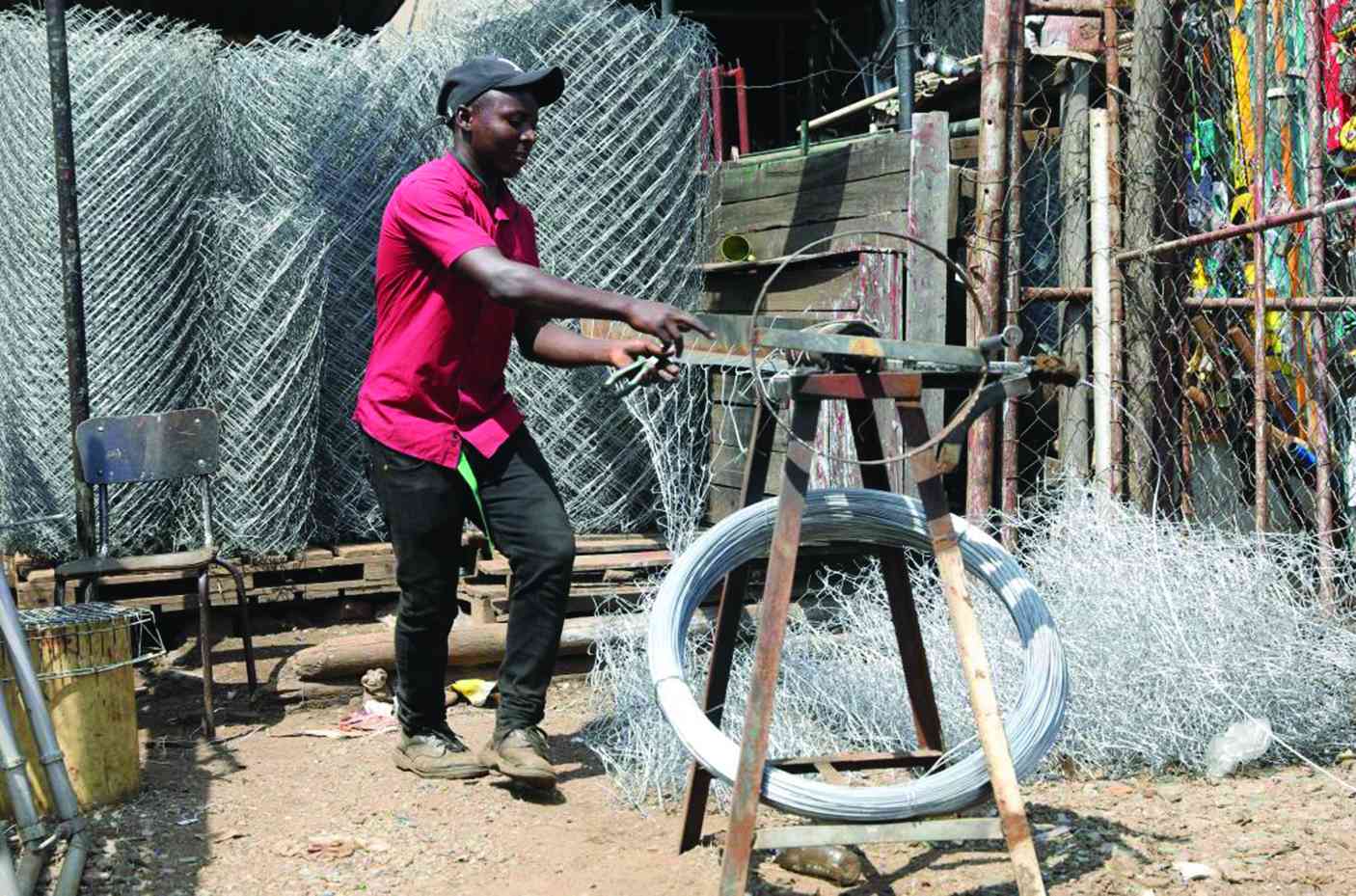
A year ago, the call to transform business education seemed aspirational — a bold response to converging global crises. Today, it is becoming an imperative. In June 2025, the Club of Rome’s follow-up convening in New York sharpened this message: business education must evolve from producing job seekers for obsolete markets to nurturing regenerative leaders capable of designing for wellbeing, ecological harmony and systemic resilience.
For Zimbabwe, this is no longer a theoretical abstraction. It aligns with our urgent need to retool education, revitalise industry and re-imagine business amid persistent economic instability, youth unemployment, climate vulnerability and institutional fatigue. The movement for paradigmatic change is underway, but the challenge now is to move from rhetorical commitment to systemic practice.
Towards a coherent framework
The Club of Rome’s June gathering recognised that while the global landscape is rich with promising experiments — PRME, WEAll, GRLI, Open IMPACT, u-school — they remain largely fragmented. The way forward is not to multiply initiatives, but to weave a coherent meta-framework capable of guiding collective transformation across institutions and geographies.
Zimbabwe’s business education sector is ripe for this coherence. From universities training future entrepreneurs to technical colleges shaping industrial skills, the potential exists to create a national learning ecosystem grounded in well-being, dignity and resilience. But this will require a departure from siloed thinking and short-termism. It will require aligning our curricula, business practices and national aspirations with a regenerative vision that values life — not merely output.
Imagine Zimbabwe as a “pivot zone” in Southern Africa, actively contributing to a continental platform of regenerative learning — designing new curricula, codifying local innovation and amplifying its voices globally. This is not utopian; it is strategic and necessary.
Inner development
One of the most striking insights from the Club of Rome convening was the emphasis on inner development. Regenerative leadership, it argued, starts from within. It is not merely about skill sets, but mind sets—empathy, presence, moral courage and the capacity to hold complexity.
- Mavhunga puts DeMbare into Chibuku quarterfinals
- Bulls to charge into Zimbabwe gold stocks
- Ndiraya concerned as goals dry up
- Letters: How solar power is transforming African farms
Keep Reading
This is a timely lesson for Zimbabwe. Our education and business sectors still tend to prize command-and-control leadership over collaborative, reflective stewardship. Too often, technical competence is mistaken for transformational capacity.
Across public and private universities, business schools and civil society training programmes, we must embed leadership formation that includes emotional intelligence, deep listening and ethical discernment.
Learning circles, executive retreats and mentorship schemes focused on character and community can catalyse the next generation of leaders. Not just those who can manage, but those who can transform.
Changing the narrative
The Club of Rome rightly identified narrative change as a core pillar of transformation. Narratives shape what societies consider possible.
In Zimbabwe, dominant stories about business still celebrate survivalism, hustle culture and elite accumulation. They downplay sustainability, interdependence, and inclusive innovation.
This must shift. Across Zimbabwe, there are quiet stories of regeneration: youth collectives building community gardens in Mbare, co-operatives in Mutoko reviving small-scale grain processing, or tech entrepreneurs in Bulawayo using open-source tools to power solar microgrids.
These stories are not the exception—they are the future in seed form. But they need amplification. Journalists, educators, curriculum developers and media producers must collaborate to tell them. We need regenerative business case studies in our classrooms, short-form video profiles on social media and public campaigns that reframe what success looks like in the Zimbabwean context.
The narrative infrastructure for a flourishing economy is not just content — it is strategy.
Catalysts of change
The Club of Rome convening argued that transformation is more likely to come from mid-sized companies and non-elite institutions — those closer to disruption and necessity and therefore more open to experimentation.
Zimbabwe’s economy, with its vast informal sector and thousands of small-to-medium enterprises, fits this logic. From furniture makers in Glen View to fruit processors in Chipinge, mid-sized enterprises are innovating with limited resources, but high creativity. These businesses represent an untapped laboratory for regenerative practice.
Imagine establishing Living Labs across provinces — platforms where universities, technical colleges, small businesses and communities come together to experiment with circular production, ethical finance and inclusive governance. These would be more than training grounds; they would be cultural regenerators.
Curriculum, learning ecosystem
Curriculum reform remains central to the paradigm shift. But it is not just about adding content — it is about rethinking how we teach.
Business schools and professional institutes must move beyond teaching management as linear control and instead promote relational thinking, systems awareness and ecological stewardship.
There is a strong case for developing Zimbabwean-authored regenerative textbooks and interdisciplinary case studies that reflect the complexities and creativity of our own context. These could cover topics like impact investing in rural co-operatives, indigenous business ethics, or climate-resilient agri-entrepreneurship.
Innovation hubs and entrepreneurship accelerators — currently scattered across the country — could be federated into a national learning network, offering students action-learning experiences rooted in real-world experimentation.
Whether it’s an urban composting enterprise in Harare or a community-based fintech project in Gweru, the country is already generating material for the curriculum of the future.
Accreditation and standards
For regenerative education to thrive, legitimacy mechanisms must evolve. Zimbabwe’s national quality assurance bodies and professional councils need to update standards to reflect the skills and outcomes required for a 21st-Century, life-affirming economy.
That means shifting away from rigid compliance models and toward accreditation frameworks that reward social impact, interdisciplinarity and planetary literacy. Doctoral research in well-being economics, sustainability leadership, or systems entrepreneurship should be encouraged and formally recognised.
At the same time, regional collaboration with bodies such as the African Association of Business Schools or the Association of African Universities could accelerate alignment with international efforts, such as the Principles for Responsible Management Education (PRME) or the Humanistic Management Network.
Policy and philanthropy
Transforming education and business is not the job of educators alone. Policy and funding ecosystems must also evolve to enable long-term, systemic change. Government ministries responsible for higher education, small business development and youth empowerment should prioritise regenerative initiatives in their planning and budgeting.
Likewise, philanthropic organisations and development partners operating in Zimbabwe must shift from transactional funding to field-building investments—supporting ecosystem coordination, local curriculum development and the creation of shared platforms.
The Club of Rome’s suggestion to learn from the long-game strategies of the Mont Pelerin Society or Powell Memorandum is instructive: transformation is not a project — it is infrastructure, culture,and narrative aligned over decades.
Conclusion
The Club of Rome reminded us: “The paradigm is the container of the possible. By shifting the story, we make space for the future.”
For Zimbabwe, the stakes are clear. We cannot afford to continue training graduates for jobs that no longer exist, nor promoting business models that externalise costs and degrade communities.
We already have the seeds of transformation — community-led enterprises, value-based educators, courageous young innovators. The task now is to water these seeds through coherent strategies, storytelling, curriculum reform and leadership development.
Zimbabwe does not need to play catch-up. It can lead in co-creating a new, regenerative business education model — one that restores dignity, nourishes ecosystems and cultivates resilience for generations to come.
The future is not waiting. It is emerging all around us. It’s time to build the system that will let it flourish.
- Jongwe is a humanistic leader with extensive expertise across various industries in Southern Africa, including higher education. — WhatsApp: +263 788 016 938 or e-mail: [email protected]











